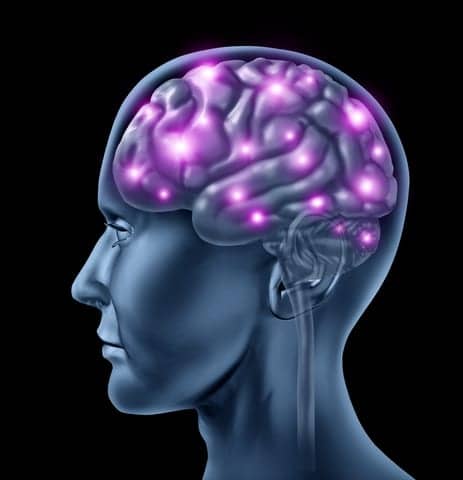According to a newly released study by researchers at Henry Ford Hospital, a molecular substance that occurs naturally in humans and rats was found to “substantially reduce” brain damage after an acute stroke and contribute to a better recovery. The study was the first to show that the peptide AcSDKP provides neurological protection when administered 1 to 4 hours after the onset of ischemic stroke. The research team tested the actions of AcSDKP and tPA, a clot-buster, on laboratory rats in which acute stroke has been induced.
A news report from Science Daily notes that it was already known that AcSDKP provides anti-inflammatory effects and can help protect the heart when used to treat cardiovascular diseases. As such, Henry Ford researchers reasoned that the peptide may have similar neurological benefits. A battery of tests were given to the lab rats both before and after the induced stroke to measure the effects of AcSDKP administered alone 1 hour after onset and combined with tPA 4 hours after stroke.
The results of the study reveal that both methods “robustly” decreased neurological damage associated with stroke and found that they did so without increasing the incidence of brain hemorrhage or the formation of additional blood clots. The Science Daily news report indicates that the researchers also found that AcSDKP can readily cross the so-called “blood brain barrier” that blocks other neuroprotective substances.
Li Zhang, MD, lead author of the study, states, “Stroke is a leading cause of death and disability worldwide. Our data showed that treatment of acute stroke with AcSDKP alone or in combination with tPA substantially reduced neurovascular damage and improved neurological outcome.”
Zhang adds, “With the increased use of clot-busting therapy in patients with acute stroke, both the safety and effectiveness of the combined treatment shown in our study should encourage the development of clinical trials of AcSDKP with tPA.”
[Sources: Henry Ford Health System, Science Daily]





